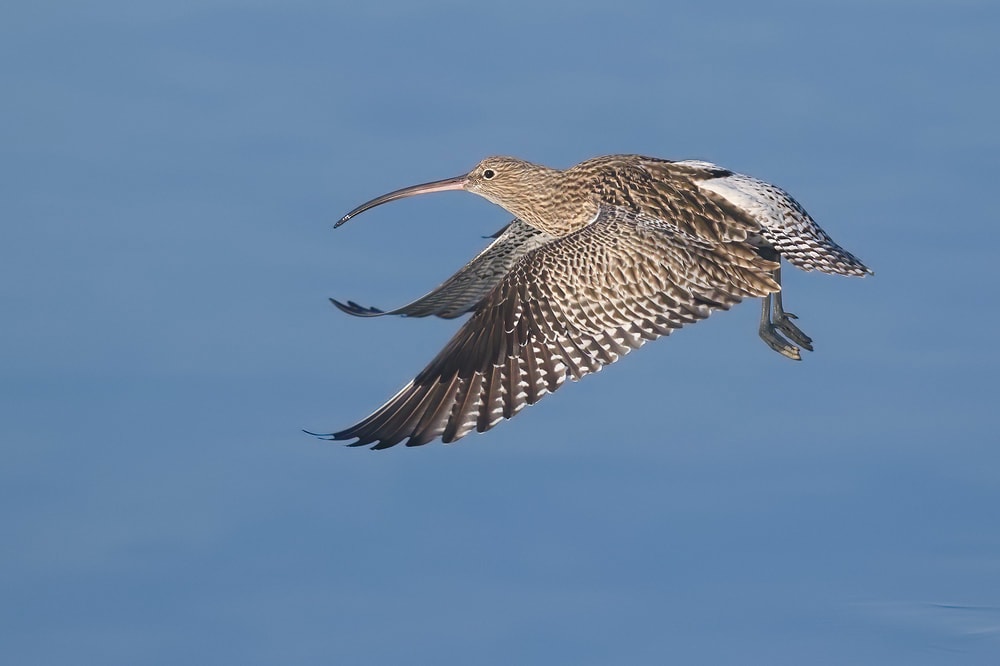RSPB launches boat to save Northern Irish curlews
A brand-new cot – a vessel for transporting livestock and machinery to and from the islands of Lower Lough Erne – has been launched by RSPB Northern Ireland, thanks to funding from the European Union.
The cot will enable the RSPB to manage the islands primarily for waders, in particular Eurasian Curlew. The vessel has been named the Joe Magee after a pioneering former RSPB Fermanagh warden – Joe occupied the position between 1971 and 1998 and was one of the first people to notice the alarming declines in breeding wading birds in Co Fermanagh.

RSPB Fermanagh is a key site for Eurasian Curlew, holding some 10% of the Irish population (Joe).
The county is home to some 10% of the Eurasian Curlew population on the island of Ireland, with 39 pairs on the RSPB Fermanagh reserve in 2019. Numbers of Eurasian Curlew are in a perilous state in Northern Ireland, having declined by 89% since 1987.
RSPB NI has operated a cot to transport livestock between islands on Lower Lough Erne since 1991. The original was designed by Joe Magee but needed to be replaced due to wear and tear. When on the islands, the grazing cattle and sheep create a suitable structure of grass and vegetation to form an ideal habitat for breeding wading birds, including Northern Lapwings, Common Redshanks and Common Snipe, to nest and raise young.
Brad Robson, RSPB NI Area Manager, said: "The cot is used throughout the year. We move about 150 cattle and 60 sheep back and forth to our managed islands, as well as livestock to other privately-owned islands. In its first voyages, the new vessel will be used to bring livestock off for the winter.
"We were delighted to be able to name it after Joe and it's vital that we continue our work to provide ideal habitats for the curlews and other waders and wildlife species in Lower Lough Erne. We are grateful to the European Union's INTERREG VA Programme for funding this cot as part of CABB. A further aspect of the CABB project is to raise awareness in the community of the environmental, cultural and historical importance of these wetland habitats."
Joe Magee added: "We originally used a wooden cot, which a farmer let us use. Then we built our own, although at first it had no engine on it and we had to tow it using another boat. So eventually we got an engine and that made life easier!
"I knew that across the island of Ireland curlew numbers were dropping, so it's important that work is still being done to look after them."

